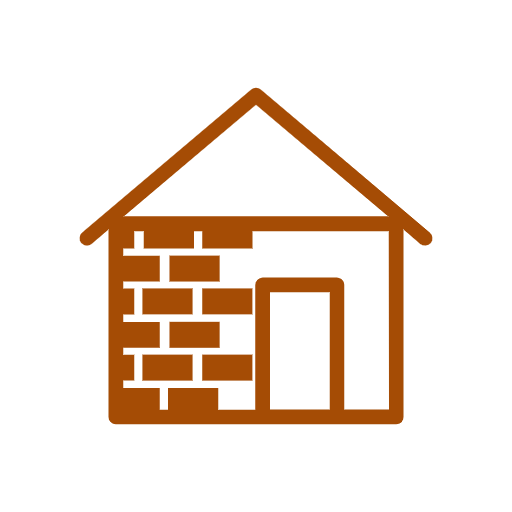We know that inequality, injustice, and exploitation are hardwired into models of technological design and technical work. The question now is, What is to be done about it? The onus for addressing this question rests not only on those who set social policy—politicians, lawyers, and business people—but also those who build social policy and create possibilities—engineers. Engineers can create possibilities for deep good by aligning their work more directly with those marginalized and exploited by technical work.
When: April 14, 2021, 12 PM ET
In this seminar, Darshan Karwat, at ASU’s School for the Future of Innovation in Society and the Fulton Schools of Engineering, will discuss ongoing work in re-Engineered, an interdisciplinary lab he leads. Dr. Karwat will frame a discussion on how academics can contribute to building structures that economically support more and more engineers to do work focused directly on environmental protection, social justice, peace, and human rights.
E4C’s Seminar Series features academic laboratories researching solutions to meet the United Nation’s Sustainable Development Goals. The world’s cutting edge research deserves a platform with a global audience. Join us for presentations of new findings from investigative teams around the globe each month. And researchers, we welcome your applications to take part in the series. Please send an email to research@engineeringforchange.org.
Presenter
Darshan Karwat is an assistant professor with a joint appointment in the School for the Future of Innovation in Society and The Polytechnic School at ASU, where de runs re-Engineered, an interdisciplinary group that embeds environmental projection, social justice, and peace in engineering. Karwat is originally from Mumbai, India, but feels equally at home in Michigan or Washington, D.C. (and now, the Valley!). He studied aerospace engineering (specializing in gas dynamics and combustion) and sustainability ethics at the University of Michigan He then spent three years as a AAAS Fellow in Washington, D.C., first at the U.S. Environmental Protection Agency on the Innovation Team, where he worked on climate change resilience and low-cost air pollution sensors; and then at the U.S. Department of Energy in the Water Power Technologies Office, helping design and run the Wave Energy Prize. Darshan also works as co-founder of the Constellation Prize. He loves soccer more than most things in the world.
Moderator
Dr. Jesse Austin-Breneman is an Assistant Professor of Mechanical Engineering at the University of Michigan. He earned his Ph.D. in Mechanical Engineering in 2014 from MIT. He also holds a S.M. in Mechanical Engineering from MIT and a B.S. in Ocean Engineering also from MIT. Previous to his academic career, he worked as a development engineer in Peru, working with rural communities on alternative business opportunities and with local doctors’ groups on medical device development. He also spent two years as a high school mathematics teacher in Boston, MA. He currently is the director of the Global Design Laboratory. The group focuses on developing design processes and support tools to help multi-disciplinary design teams think at a systems-level when performing complex system design tasks. This includes investigating the best way to incorporate system-level interactions between stakeholders in emerging markets into the design decision-making process.

Good
I am really very interested in this activity, the seminar in the field of energy exploitation is not always available when it is necessary in order to be able to solve certain problems of social, political and economic inequality as well.
Thank you.